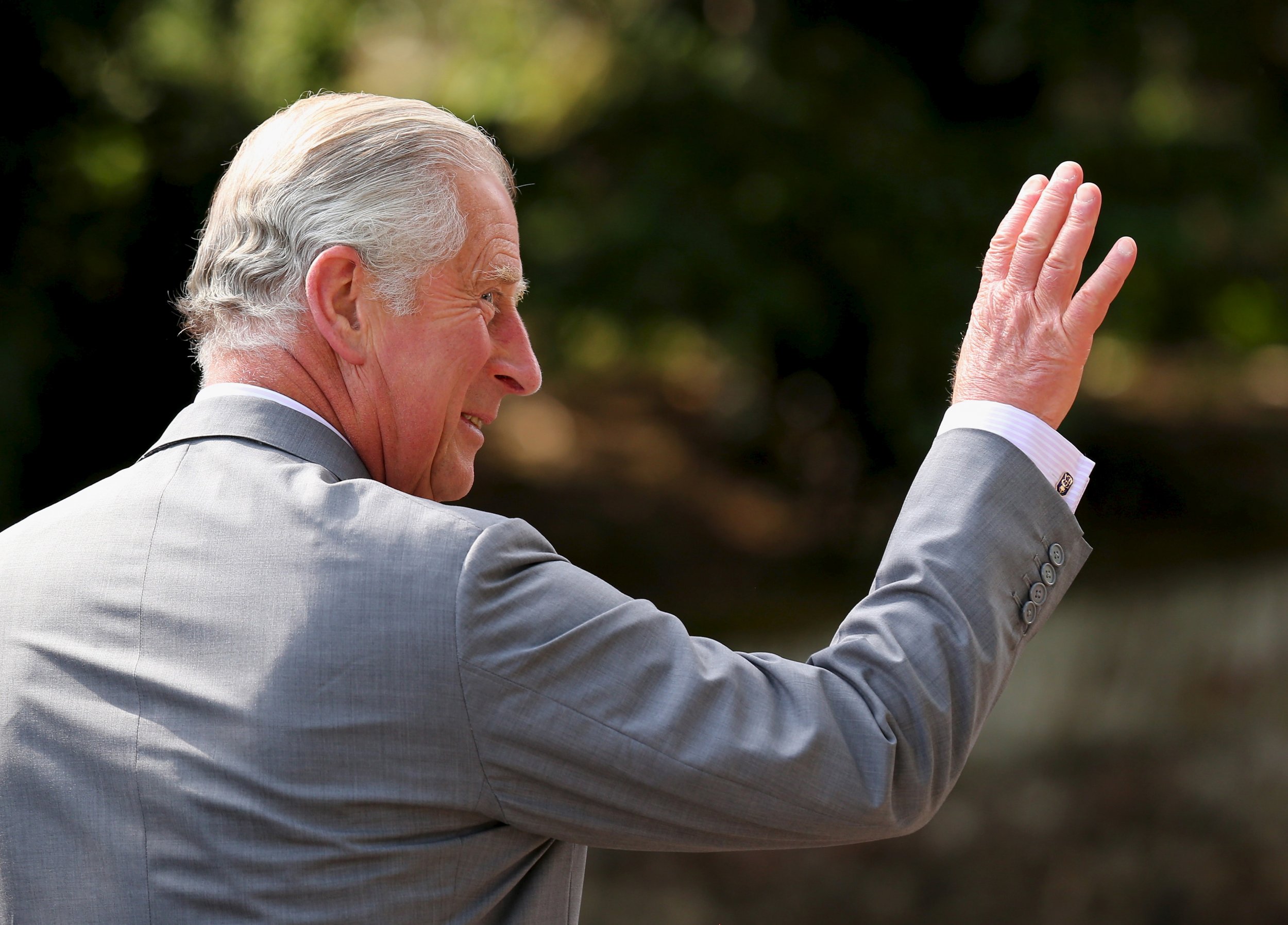
Prince Charles has been receiving copies of confidential papers from the British government, according to records released after a three-year freedom of information battle, the BBC reports.
Since 1992, the heir to the British throne, who was criticized in May for meddling in U.K. politics, has been getting editions of the Cabinet Office's memoranda, including secret proposals for new legislation and other discussion documents.
Records of cabinet files sent to the Prince of Wales, as well as the Queen of England, are kept in the cabinet's Precedent Book—a guide to governmental procedural matters. Four chapters from the book were released on Tuesday in response to a freedom of information request made by the campaign group Republic in 2012.
Until now, the book, which is part of a series of documents that detail procedural matters, has been kept in a locked cupboard within a locked office in a secured corridor inside the Cabinet Office, reports the Guardian newspaper.
According to an excerpt on the newspaper's website, the released chapters state that "the documents of the cabinet and ministerial committees are issued primarily to the sovereign, the Prince of Wales, and ministers...The need for secrecy calls for special care in circulation and handling."
It goes on: "The standard circulation for cabinet memoranda includes the Queen, the Prince of Wales, all members of the cabinet, any other ministers in charge of departments, the attorney general and the chief whip… Ministers of state and junior minister do not normally receive memoranda."
The British monarchy is supposed to remain politically neutral. In May, after a decade of freedom of information requests by a Guardian journalist, the government released 28 letters addressed to then-Prime Minister Tony Blair and several other key figures in his left-wing government.
Known as the Black Spider Letters due to Prince Charles' messy handwriting and abundant use of underlining and exclamation marks, they were written between 2004 and 2005 and revealed that Charles had been actively lobbying at the highest level of politics.
In the letters, he demanded urgent action on issues ranging from improving equipment for troops in Iraq to the availability of alternative herbal medicines in the U.K. Soon after receiving that letter, the Guardian reported, Blair agreed to postpone the implementation of new EU rules restricting the sales of herbal medicines.
After seeing the released chapters of the Precedent Book, Republic issued a press release on Tuesday saying the prince's access to confidential papers is "wrong". The group, which works to build public support for the abolition of the monarchy, has since written to Prime Minister David Cameron asking that the practice of sharing documents with the prince stop immediately.
"The disclosure of cabinet papers to Prince Charles is quite extraordinary and completely unacceptable," Graham Smith, CEO of Republic, said in the press release. "Not only because they would contain highly classified information but because it gives him considerable advantage in pressing his own agenda when lobbying ministers."
"Charles has no legitimate need to see Cabinet papers at all," Smith added. "His political and private interests and the high degree of secrecy surrounding his lobbying mean there is a real danger this information can be abused without any possibility of accountability."
According to the BBC, the Cabinet Office responded by saying that the Queen and her heir need to be "properly briefed."
Uncommon Knowledge
Newsweek is committed to challenging conventional wisdom and finding connections in the search for common ground.
Newsweek is committed to challenging conventional wisdom and finding connections in the search for common ground.
About the writer
To read how Newsweek uses AI as a newsroom tool, Click here.






